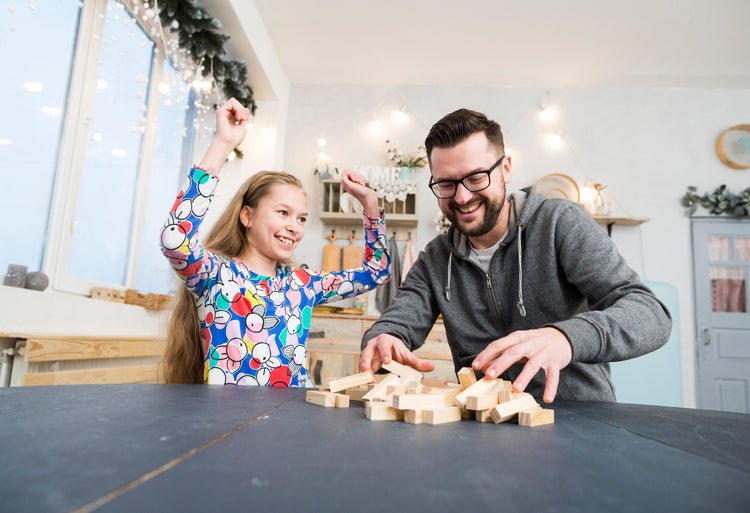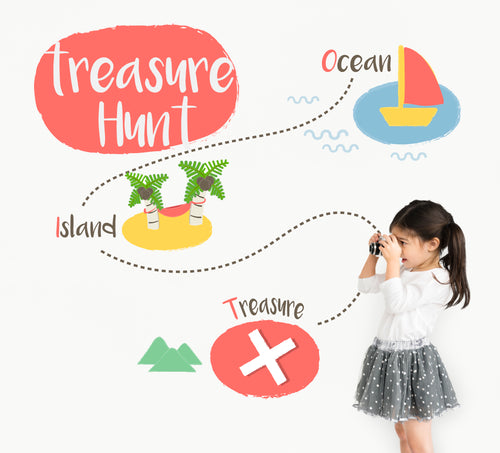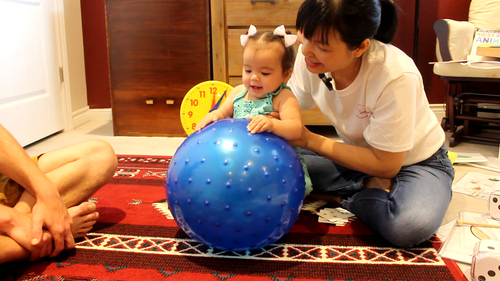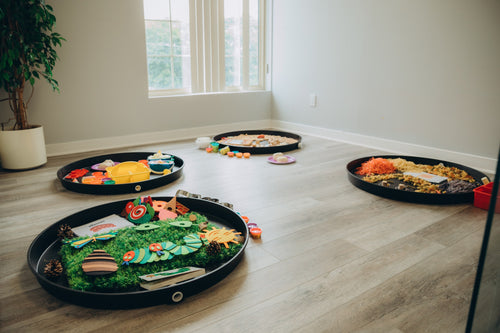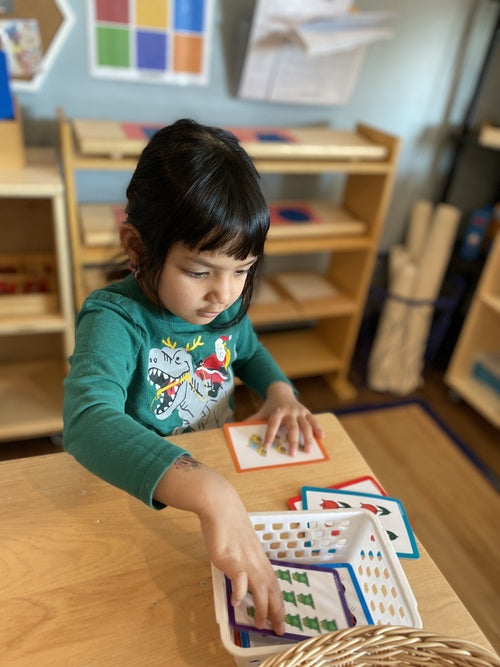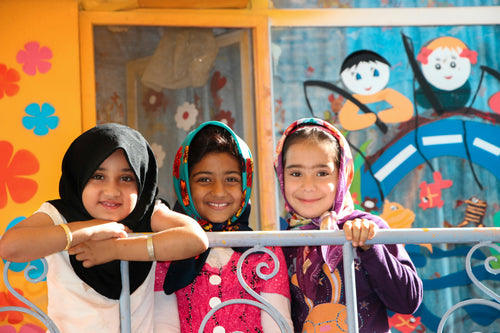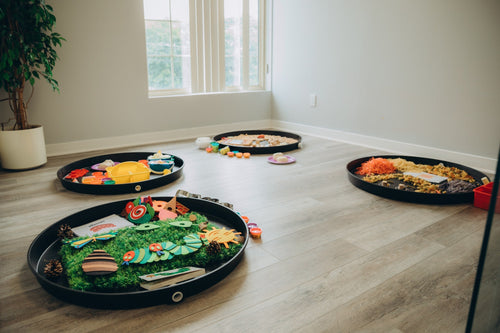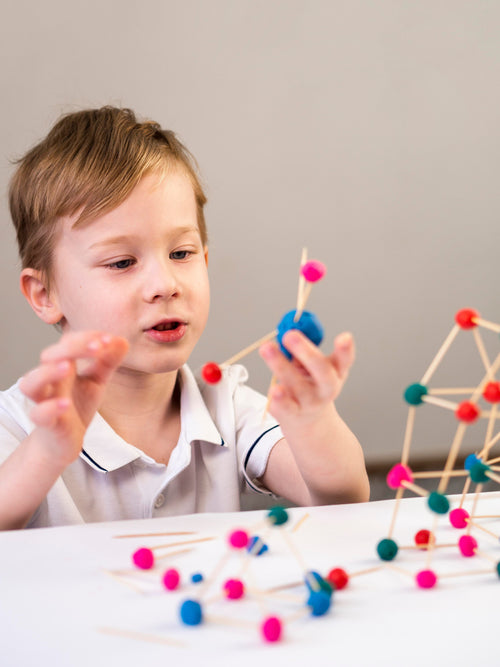Make the Most of Time Together with At-Home Educational Activities for Kids
Spending quality time with your child doesn’t have to be complicated or expensive. In fact, everyday moments at home can become powerful opportunities for early learning. From storytelling to science experiments, these bonding activities help nurture your child’s creativity, communication, and problem-solving skills—all while having fun together.

Why Interactive Learning Moments at Home Matter
Young children are naturally curious. When parents get involved in their learning journey, it creates a stronger connection between home and education. These shared moments help build trust, boost confidence, and develop lifelong learning habits.
Moreover, interactive learning fosters emotional security. According to The Canadian Paediatric Society, strong early relationships with caregivers promote healthy brain development. That’s why simple, playful learning activities at home are more than just fun—they're essential.
Easy Early Learning Projects to Try with Your Little One Today
Here are some simple yet effective activities you can do with your child to build new skills and enjoy meaningful time together:
-
Storytime with a twist: Let your child choose the book. Then, take turns acting out characters or creating a new ending together. This boosts vocabulary and imagination.
-
Color sorting scavenger hunt: Grab household objects and have your child sort them by color. This builds early math and observation skills.
-
Music and rhythm play: Clap, stomp, or play instruments to different beats. These moments enhance memory and listening skills.
-
Nature walk discovery: Collect leaves, rocks, or flowers. At home, talk about their shapes, colors, or patterns.
-
Make-your-own puzzle: Draw a picture together, cut it into large pieces, and let your child reassemble it. This supports problem-solving and fine motor development.
To explore more sensory-based activities, check out our Smartizen Sensory Play Room, where toddlers and infants engage in play that builds both the left and right brain.

How to Build a Routine with your child Around Educational Play
Consistency is key when it comes to forming positive habits. While every family has a different schedule, even 15–20 minutes of structured playtime each day can make a difference. You can use simple themes—like colors, weather, or animals—to guide your activities.
For example, every Wednesday could be “Water Play Day.” You can introduce basic science concepts like floating and sinking. On Fridays, explore the world of letters using magnetic alphabets on the fridge.
Creating a predictable rhythm helps your child know what to expect and makes transitions smoother.
Supporting Your Child’s Development with Simple Tools
You don’t need expensive tools to support your child’s growth. Everyday objects—bowls, cups, spoons, cardboard boxes—can become learning materials. Keep a small bin of safe, open-ended items your child can explore freely.
Need more structured support? Our Sensory Play sessions offer research-based guidance through play, music, and language activities designed by early childhood experts.
Where to Learn More About Early Childhood Education
Parents looking to deepen their understanding of early learning can explore the following trusted resources:
-
Zero to Three: Research and tips on early development for babies and toddlers.
-
Encyclopedia on Early Childhood Development: In-depth articles by child development experts.
-
Smartizen.ca Blogs: Tips, strategies, and updates on enrichment classes and parenting ideas.
Every Day Is a Learning Opportunity
Parent-child time is incredibly valuable. With a little creativity and structure, learning can happen anytime, anywhere. Whether it’s five minutes before bedtime or an hour on the weekend, you have the power to spark joy and discovery in your child’s life.
For more ideas, visit our Smartizen program page and discover how we turn play into purpose every day.

